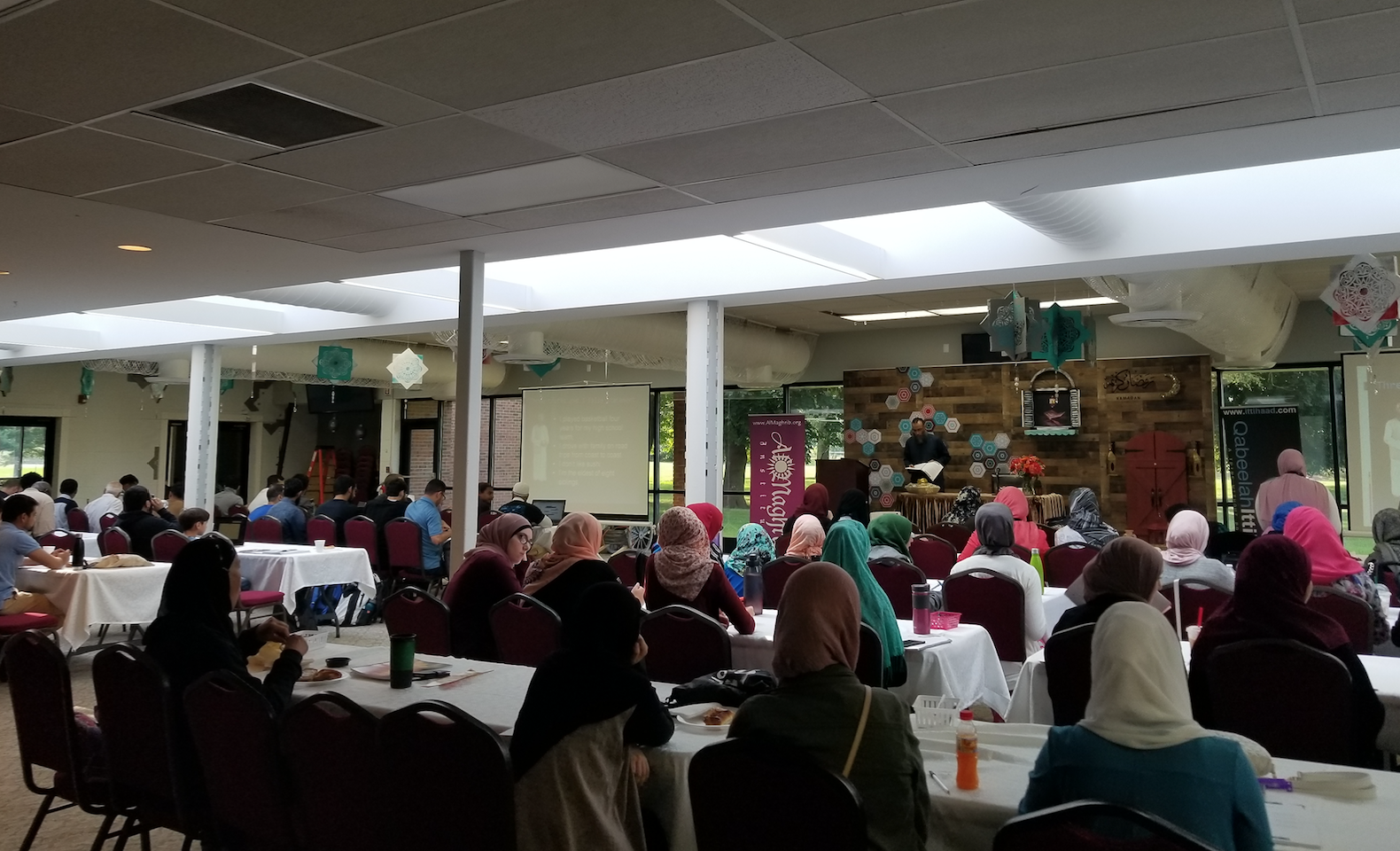Iran Seeks Strong Relationship with Russia, China, and India

By Nilofar Suhrawardy, Muslim Media News Service (MMNS)
NEW DELHI- Iran is least likely to be moved by unilateral sanctions imposed by United States, which in the opinion of Iran’s Interior Minister Pour Mohammadi are proving only to be an “embarrassment†for Washington. While addressing a press conference here, last week (November 9), Mohammadi also talked highly of India-Iran ties, signaling that they are not going to be affected by pressure being exercised by United States. Highlighting India-Iran relations as “very important, old and deep-rooted,†Mohammadi said: “We have very good relations, with cooperation extending in cultural, political and economic areas.†Describing the Asian continent as among the most important region in the world, Mohammadi expressed hope that in the coming days, stronger cooperation will develop among the people here. At present, he said: “Unfortunately, the cooperation is weak.†“The strong relationship between Iran, Russia and China, and also India can be very helpful in the region,†he said.
When the floor was open to questions, Mohammadi was showered with questions primarily related to United States’ unilateral sanctions towards Iran and its impact on India-Iran relations. The issue had come up in his talks with Prime Minister Manmohan Singh and External Affairs Minister Pranab Mukherjee. “They do not agree with unilateral sanctions of United States and wish to take steps to strengthen relations with Iran,†Mohammadi said.
Expressing confidence that the Iran-Pakistan-India pipeline would not be affected by US sanctions, Mohammadi said: “We will make sure that the sanctions do not succeed.†Though some technical and commercial issues still need to be resolved, he expects the pipeline to be functional by 2013 and was hopeful that countries involved in the project will not “deviate.â€
On United States making attempts to prevent other countries from doing business with Iran, he said: “They are trying to victimize others and use suppressive means for their own national good.†United States is finding few supporters for its unilateral approach as in Mohammadi’s opinion: “We feel the mood has changed, which is reflected in Asian countries, Latin America and other areas. The result is that United States’ own approach is proving to be an embarrassment for itself.â€
Holding United States responsible for terrorism, Mohammadi said: “Terrorism has flourished since United States’ invasion of Iraq. It has US blessings in Afghanistan also. They are exporting terrorism from here to other parts of the world.†When questioned about Turkey’s concern for Kurds, he replied: “We have asked Turkey to act in a way that does not let terrorism rise in the region.â€
On the recent developments in Pakistan, Mohammadi said: “We would like to see Pakistan as a strong and stabilized country. Stability in Pakistan is certainly in the interest of the entire region.â€
Questioning the controversy raised about Iran’s nuclear policy, Mohammadi said emphatically: “Since we have not deviated from peaceful nature, we are not worried about IAEA (International Atomic Energy Agency)-chief’s report. It is in keeping with NPT (Non-Proliferation Treaty).†Defending Iran’s nuclear policy, he said: “We have not done anything wrong.†Blaming United States for its unilateral approach, with little concern for international law, Mohammadi said: “You see, Americans do not obey international law. When they attacked Iraq, did they obey international law?†“Who is the right person to talk about Iran’s nuclear program, Mohammed ElBaradei (IAEA chief) or USA?†he asked. At present, “Even close allies are not in agreement with United States’ stand against Iran,†he said.
Mohammadi was here to attend the 2nd Asian Ministerial Conference on Disaster Risk Reduction, at the invitation of Indian Home Minister Shivraj Patil. While here, Mohammadi also had talks with his Indian counterpart Patil and National Security Adviser K.R. Narayanan.
Among other delegates from 50 countries, Israel’s Interior Minister Meir Sheetrit was also here to attend the conference on Disaster Risk Reduction. At the press conference while Mohammadi blamed United States for “exporting terrorism,†during his interaction with media, Sheetrit held Islamic fundamentalists responsible. “Islamic fundamentalism have a specific target to make the world Islamic,†Sheetrit said. Explaining Israel’s vision of a global convention against terrorism, he said: “Something that will create a series of laws to make the work of terrorists much harder so that a terrorist from one country cannot enter anywhere else and groups cannot move money around.â€
In comparison to the high-profile importance secured by Iranian minister, with the Indian premier taking out time to meet Mohammadi, the Israeli minister had a relatively low-key schedule. Sheetrit held meetings with Mukherjee, Patil and Panchayati Raj Minister Mani Shankar Aiyer. While historical roots of Indo-Iranian ties can be traced down to centuries, India-Israel ties are not even a century old. Though India recognized Israel as a nation in 1950, their bilateral relations started developing only from 1990s. Expressing confidence that India-Israel ties are bound to increase in future, Sheetrit said: “There are over 90 Israeli companies in India, in different areas. There are many Indian companies in Israel.†This is “not yet the peak, it will go up in future,†he said.
Whatever may be their views regarding terrorism and towards each other, definitely, both Iran and Israel are keen on strengthening their ties with India!
9-47














2007
912 views
views
0
comments